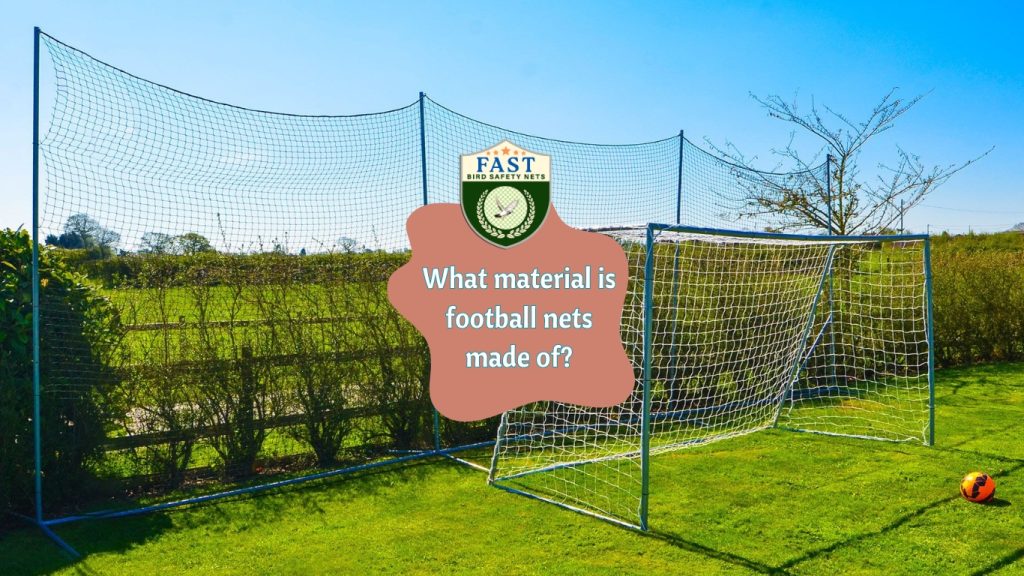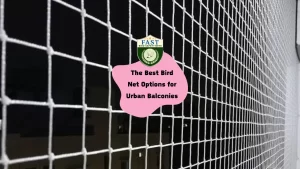Football, being one of the most popular sports globally, requires essential equipment to facilitate gameplay. Among these items, football nets play a crucial role in defining the boundaries and objectives of the game. However, not everyone is aware of the material used in crafting these nets. In this comprehensive exploration, we delve into the composition of football nets, shedding light on the primary material that dominates their construction: Nylon.
The Dominance of Nylon:
When it comes to football net, Nylon stands out as the predominant material used in their manufacturing. Nylon, a synthetic polymer known for its strength, durability, and resilience, offers an ideal combination of properties that make it well-suited for this purpose. Let’s delve deeper into why Nylon has become the material of choice for football nets.
Strength and Durability:
One of the key requirements for soccer ball net is the ability to withstand the force of impact from the ball as it strikes the net during gameplay. Nylon’s inherent strength makes it resilient against such impacts, ensuring that the net remains intact even after prolonged use. Additionally, Nylon’s resistance to abrasion further enhances its durability, enabling football nets to withstand the rigors of outdoor environments.
Weather Resistance:
Football netting are exposed to various weather conditions, including rain, wind, and sunlight, which can degrade inferior materials over time. Nylon’s weather-resistant properties make it an excellent choice for outdoor use, as it can withstand prolonged exposure to sunlight without fading or weakening. Moreover, Nylon’s hydrophobic nature repels water, preventing it from absorbing moisture and becoming susceptible to rot or mold growth, ensuring the longevity of football nets even in damp conditions.

Lightweight and Flexible:
Despite its robustness, Nylon is remarkably lightweight and flexible, allowing football nets to be easily transported, installed, and maneuvered as needed. This characteristic is particularly advantageous for football clubs, schools, and recreational facilities where nets may need to be set up and taken down frequently. The flexibility of Nylon also enables football nets to conform to various sizes and dimensions, accommodating different goalpost configurations without compromising performance.
Cost-Effectiveness:
In addition to its superior mechanical properties, Nylon offers a cost-effective solution for manufacturing football net. Compared to natural materials like cotton or hemp, Nylon is more affordable to produce while still delivering exceptional performance and longevity. This cost-effectiveness makes Nylon football nets accessible to a wide range of organizations and individuals, ensuring that the joy of playing football is within reach for communities worldwide.
Conclusion:
In conclusion, the material used in crafting football net plays a crucial role in determining their performance, durability, and overall quality. Nylon, with its unparalleled combination of strength, durability, weather resistance, and cost-effectiveness, has emerged as the material of choice for football net manufacturers. Whether in professional stadiums, local parks, or backyard pitches, Nylon football nets continue to uphold the integrity of the game, providing players of all ages with a reliable and enduring framework within which to score goals and pursue their passion for football.






